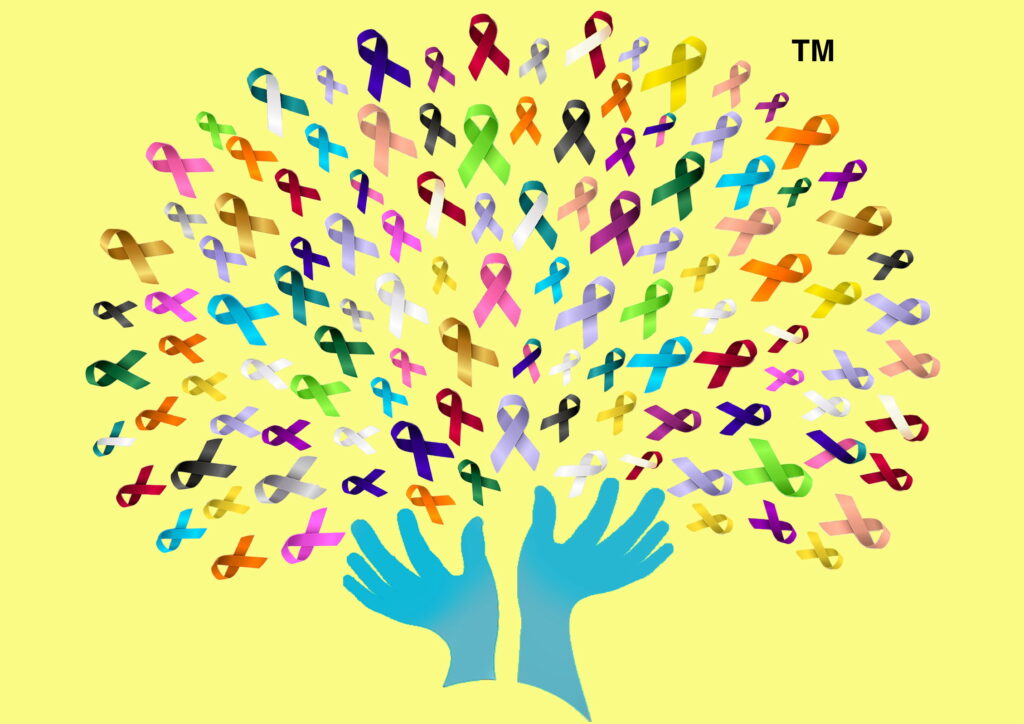Introduction
Pancreatic cancer is a serious disease that affects the pancreas, an organ behind your stomach. Many people have heard stories about this cancer, but not all of them are true. Because of this, it is important to know the difference between myths and facts about pancreatic cancer. Understanding the truth can help you spot symptoms early, seek the right treatment, and make informed choices. In this blog, we will clear up common myths and share real facts about pancreatic cancer.
Common Myths About Pancreatic Cancer
Facts About Pancreatic Cancer
Symptoms and Early Warning Signs
Often, pancreatic cancer does not cause symptoms right away. However, some early warning signs may include:
Because these symptoms can be caused by other conditions, it is important to see a doctor if you notice them. Early detection can make a big difference.
Causes and Risk Factors
Several factors can raise your risk of pancreatic cancer. Some you can control, while others you cannot. Here are the main risk factors:
Although you cannot change your age or family history, you can lower your risk by making healthy choices.
Diagnosis and Treatment Options
Doctors use several tests to diagnose pancreatic cancer. These may include:
Once diagnosed, treatment depends on the stage and type of cancer. Common treatment options are:
Doctors may use one or more treatments together. New therapies and clinical trials are also available for some patients. According to the American Cancer Society, early treatment can improve survival rates.
Prevention and Lifestyle Guidance
While you cannot prevent all cases, you can lower your risk by following these tips:
Additionally, regular check-ups can help catch problems early. If you have a family history, talk to your doctor about screening options.
Conclusion
In summary, knowing the facts about pancreatic cancer can help you make better health choices. Do not let myths mislead you. If you notice symptoms or have risk factors, consult a healthcare specialist. Early action can save lives. In summary, knowing the facts about pancreatic cancer can help you make better health choices. Do not let myths mislead you. If you notice symptoms or have risk factors, consult a healthcare specialist. Early action can save lives.
Concerned about symptoms or family history?
Book a consultation with Dr. Jaipal Reddy’s Oncology (RAMRED) and get expert guidance on screening, diagnosis, and treatment.

